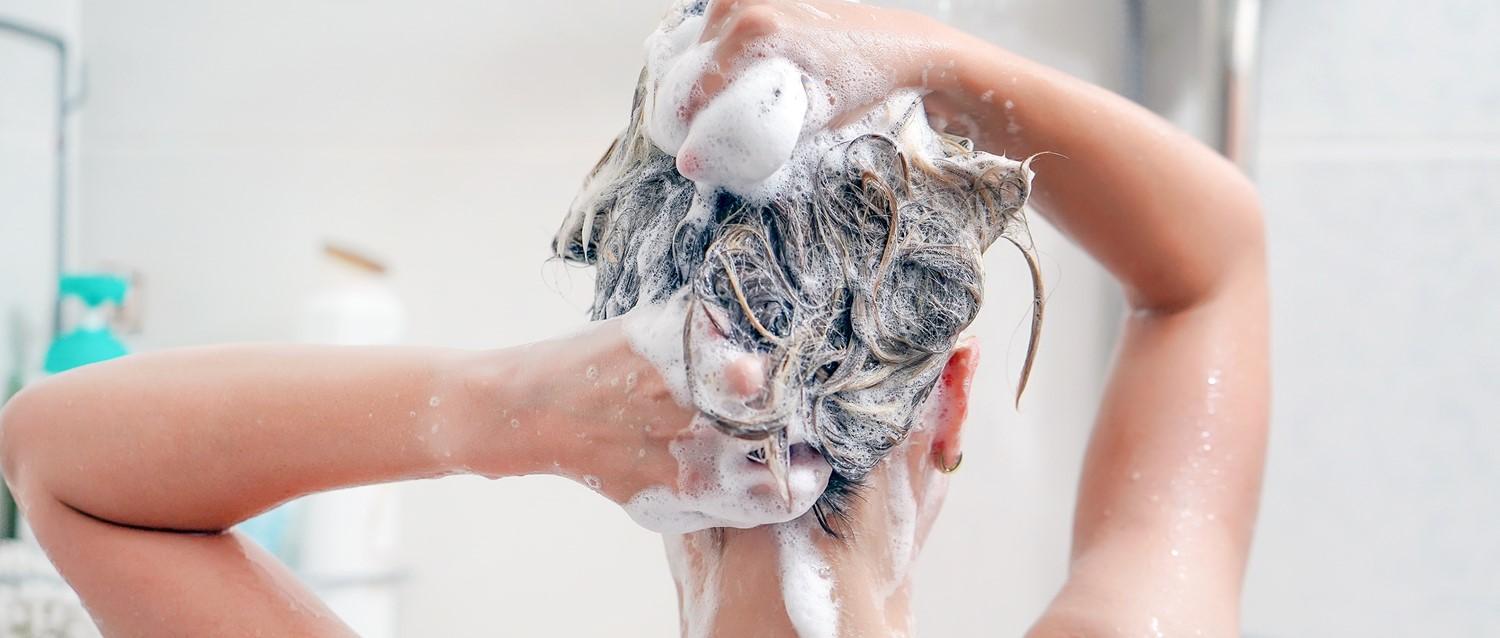
Common causes of an itchy scalp
Peer reviewed by Dr Sarah Jarvis MBE, FRCGPLast updated by Dr Jessica Garner, MRCGPLast updated 8 Feb 2019
Meets Patient’s editorial guidelines
- DownloadDownload
- Share
- Language
- Discussion
If you tell someone you are scratching your head, with a bit of luck they will assume you are engrossed in a serious bit of cogitation. However, it is probably more likely that you are actually suffering from an itchy scalp. There are lots of reasons for our scalps to become irritated but here are a few common causes and what you can do about it.
In this article:
Video picks for Hair and scalp
Seborrhoeic dermatitis
Seborrhoeic dermatitis causes an itchy and sore rash on the scalp. The rash is usually red in colour, but can also appear as white scales. The scales have a tendency to flake off, so many people assume it is just dandruff.
The exact cause of this condition is unclear but it is thought to be due to an overgrowth of a common yeast skin organism. Seborrhoeic dermatitis tends to flare up in the winter months, and can be precipitated by stress. It runs in families and is more common in men. It is best treated with regular use of a medicated shampoo (either a traditional anti-dandruff shampoo or an anti-fungal shampoo such as ketoconazole, available from your pharmacist).
What is dandruff?
Ringworm
Back to contentsBecause of the name, many people assume that tinea capitis, or scalp ringworm, is caused by a parasitic worm. In fact, it's a common fungal infection. It can cause dry scaly patches within the hair or a classical red ring-like appearance. Sometimes the infection can cause damage to the hair and result in patches of hair loss.
It is contagious and may be passed on via hairbrushes, towels and even the backs of chairs. It usually needs to be treated with oral antifungal tablets. Antifungal shampoos do not tend to work, because the fungal infection spreads down into the hair follicles, where shampoos cannot reach.
Continue reading below
Psoriasis
Back to contentsPsoriasis is a skin condition that often affects the scalp. About half of people with plaque psoriasis - the most common form of the condition - have psoriasis on their scalp as well. However, a few people develop psoriasis on their scalp with no plaques anywhere else on their bodies.
Like fungal infections, scalp psoriasis causes a dry, scaly itchy rash and can sometimes be tricky to distinguish from other scalp conditions. It typically affects the hairline at the back of the head and can cause quite marked shedding of heavy 'dandruff'.
It is usually treated with a combination of shampoos, scalp applications and sometimes more specialist treatments. The first-line treatment for scalp psoriasis is often a coal-tar based shampoo. Topical steroid treatments are recommended more often for psoriasis affecting the scalp rather than other parts of the body.
Head lice
Back to contentsHead lice don't just affect children! The lice are small grey-brown insects that live on the scalp. They are most commonly spread by head-to-head contact, and can cause itching if your scalp is sensitive to the saliva or faeces of the lice. Over-the-counter head lice treatments are readily available from your pharmacist.
Continue reading below
Dandruff
Back to contentsPityriasis capitis, or dandruff, is the most common cause of a dry flaky scalp and affects many of us. It is caused by dead skin cells being shed more rapidly than usual and, although it is not harmful, can be irritating and embarrassing. Excessive use of some hair products can lead to dandruff. Avoiding triggers and using anti-dandruff shampoos usually solve this problem.
If you are struggling with itchy or sore patches on your scalp, then make sure you see your GP for further advice.
Patient picks for Hair and scalp

Skin, nail and hair health
How often should you wash your hair?
While you likely have a hair care routine that works for you and your lifestyle, can you be sure you are washing your hair at the correct times and using the best products for your hair type? Let's explore how frequently you should be washing your hair (it's probably less often than you think) and the simple methods you can use to discover what type of hair you have.
by Emily Jane Bashforth

Skin, nail and hair health
Why going bald can seriously affect your mental health
Most men begin to notice thinning hair or a receding hairline in their 20s. But although male hair loss is incredibly common, it can still be very distressing and negatively affect self-esteem. Dr Max Pemberton explores the psychological impact of balding and what to do if you're losing your confidence along with your tresses.
by Dr Max Pemberton, MRCPsych
Continue reading below
Article history
The information on this page is peer reviewed by qualified clinicians.
8 Feb 2019 | Latest version

Ask, share, connect.
Browse discussions, ask questions, and share experiences across hundreds of health topics.

Feeling unwell?
Assess your symptoms online for free
Sign up to the Patient newsletter
Your weekly dose of clear, trustworthy health advice - written to help you feel informed, confident and in control.
By subscribing you accept our Privacy Policy. You can unsubscribe at any time. We never sell your data.